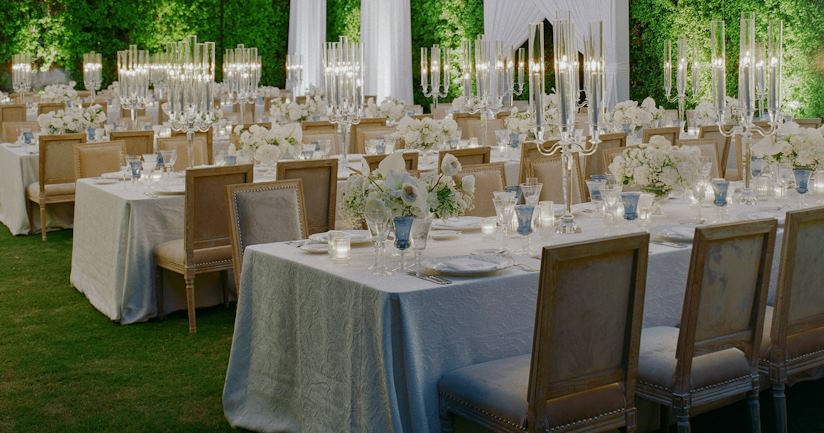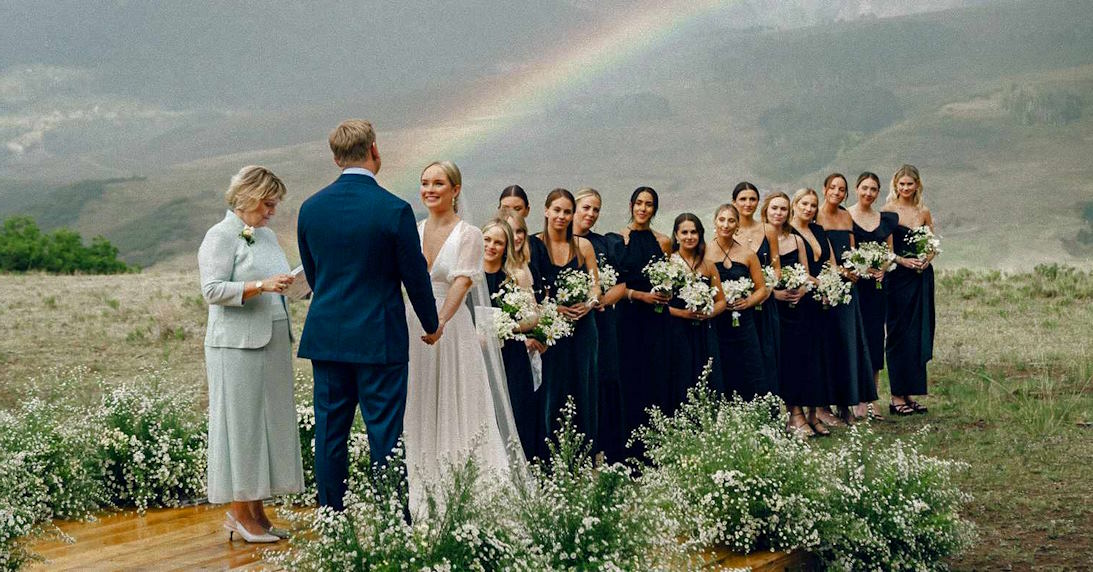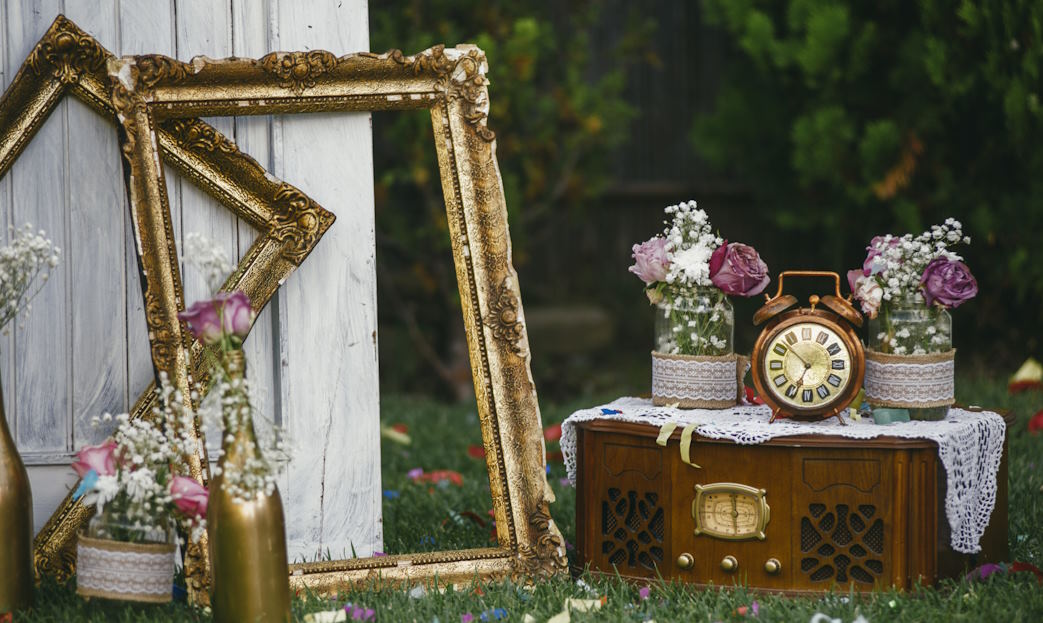Home » Events Planning Guide » The Dos and Don’ts of Planning a Wedding Event in a Historical Venue
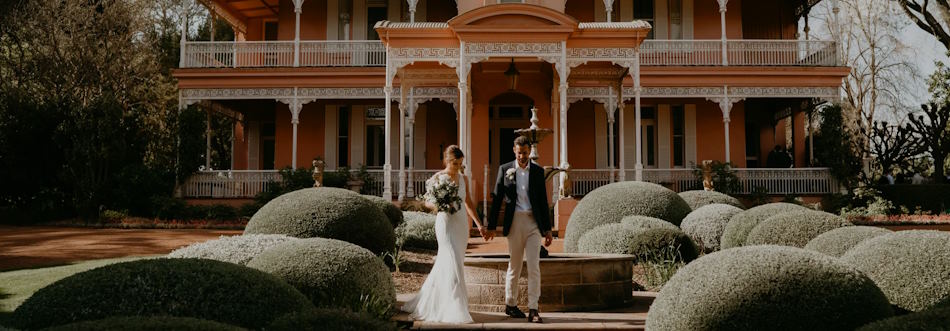
As couples increasingly seek unique and enchanting settings to celebrate their union, historical venues have emerged as coveted choices for weddings. These architectural marvels, steeped in rich narratives of the past, provide a distinctive backdrop that transcends the ordinary. However, orchestrating a wedding in such historically significant locations requires a delicate balance between honoring the venue’s legacy and creating a memorable celebration.
Dos for Planning a Wedding in a Historical Venue
Research and Understand the Historical Significance of the Venue:
To embark on the journey of planning a wedding in a historical venue, couples must first delve into the rich tapestry of the site’s history. Understanding the significance of the venue not only allows for a more profound connection to the location but also opens doors to creative ways of incorporating historical elements into the wedding. From themed decor to historical anecdotes woven into the ceremony, thoughtful integration enhances the overall experience.
Coordinate with Venue Staff and Management:
Effective communication with venue coordinators is paramount. Schedule regular site visits and walkthroughs to familiarize yourself with the layout and available facilities. Collaborate closely with the venue staff to ensure a seamless execution of your wedding vision. Their insights and expertise can prove invaluable in navigating the unique challenges that historical venues may present.
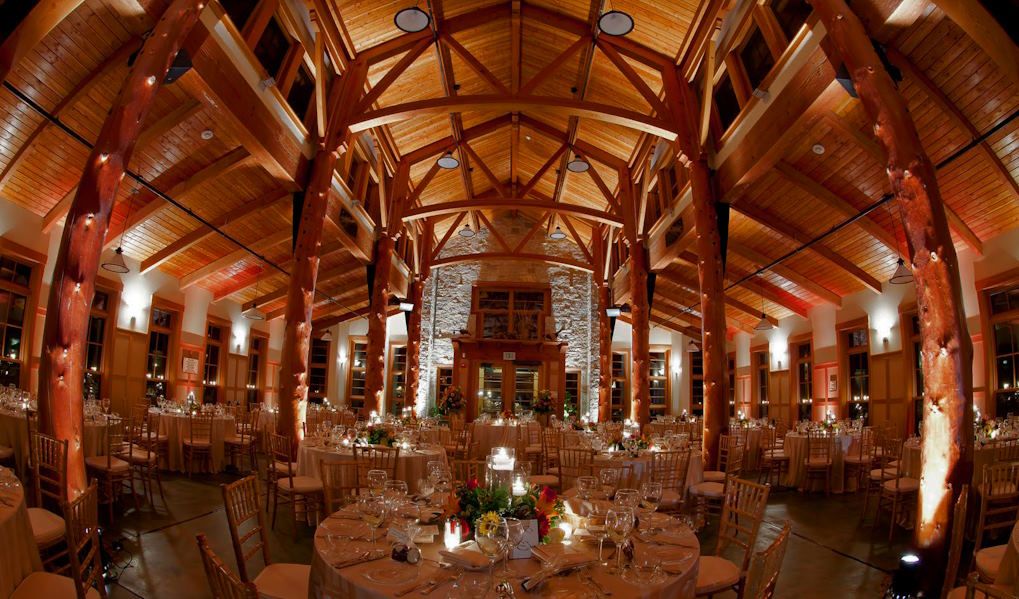
Consider the Logistics and Layout of the Historical Venue:
Each historical venue has its own architectural nuances, and understanding the layout is crucial for a well-executed event. Adapt the wedding plan to complement the venue’s distinct features, ensuring that the flow of the celebration aligns with the historical space. Pay special attention to guest comfort and accessibility, mitigating any potential challenges posed by the venue’s design.
Respect and Adhere to Venue Rules and Regulations:
Preserving the historical integrity of the venue is of utmost importance. Familiarize yourself with and adhere to the venue’s rules and regulations regarding decor, music, and other aspects. This not only ensures the protection of the site but also prevents any unforeseen issues that may arise due to non-compliance.
Plan for Potential Weather Challenges:
For those choosing an outdoor historical venue, accounting for potential weather challenges is a must. Develop contingency plans for unexpected weather conditions and ensure that guests are adequately informed. Additionally, consider weather-appropriate attire and accommodations to guarantee a comfortable and enjoyable experience for all.
Don’ts for Planning a Wedding in a Historical Venue
Don’t Overlook the Historical Significance:
While incorporating personal touches is encouraged, avoid themes or elements that may detract from the venue’s historical significance. Choose decor and activities that enhance, rather than overshadow, the historical charm of the location.
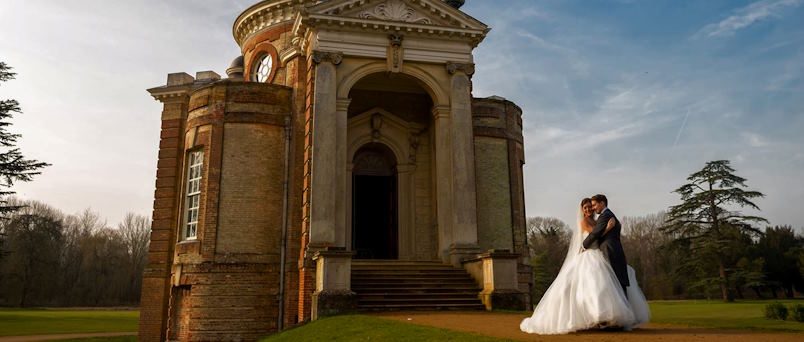
Don’t Ignore Logistical Challenges:
Historical venues often come with logistical challenges. Do not underestimate the importance of addressing potential limitations related to space, infrastructure, and other practical considerations. Thorough planning and proactive problem-solving are key.
Don’t Neglect Communication with Venue Staff:
Effective and clear communication with venue staff is essential. Avoid last-minute surprises or misunderstandings by maintaining an open line of dialogue throughout the planning process. Regular updates and consultations ensure everyone is on the same page.
Don’t Assume All Ideas Are Feasible:
Dream big, but be realistic. Not all ideas may be feasible within the constraints of a historical venue. Consult with venue staff to determine the practicality of your plans, ensuring that your vision aligns with the venue’s capabilities.
Don’t Compromise on Guest Experience:
While embracing the historical ambiance, don’t compromise on guest comfort and enjoyment. Strike a balance between historical elements and modern amenities to create an unforgettable experience for all attendees.

